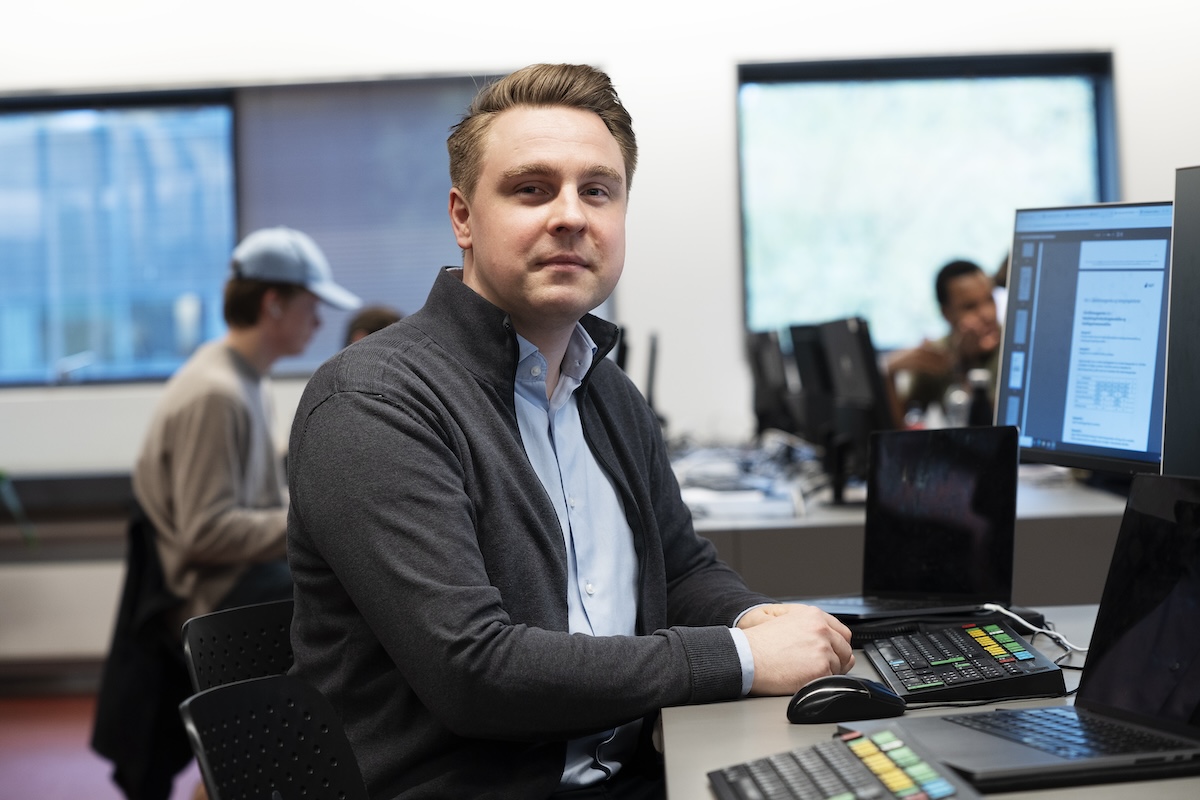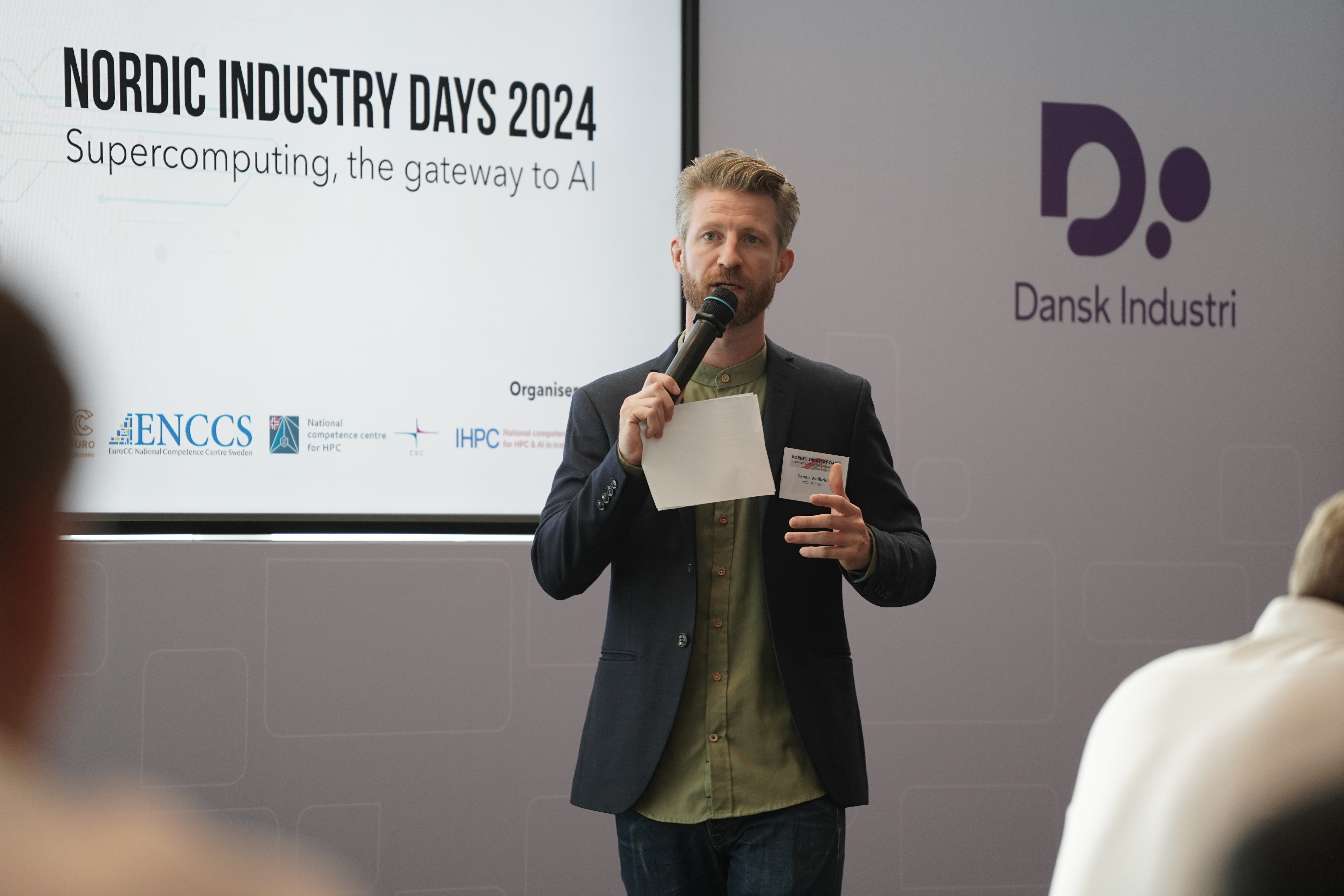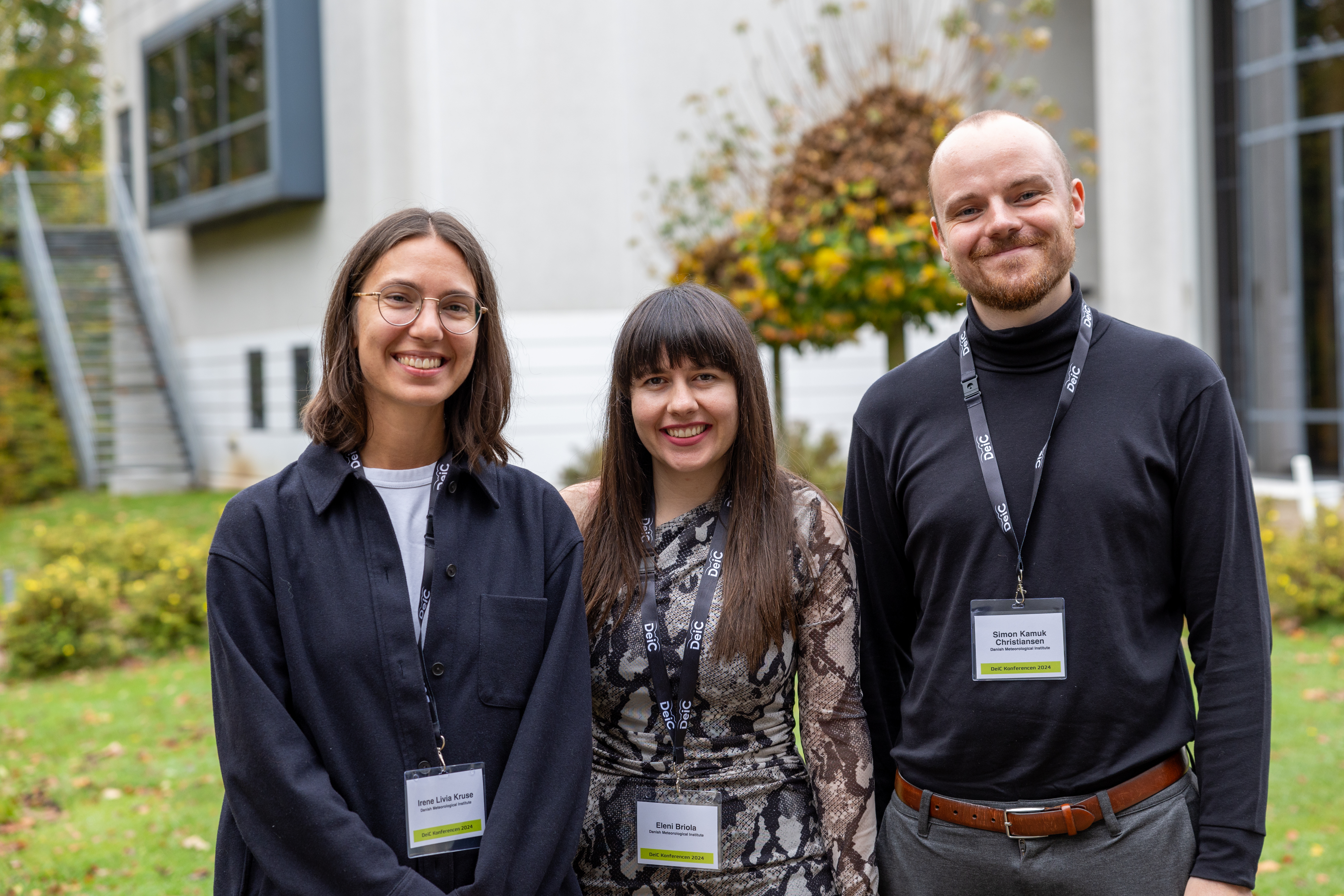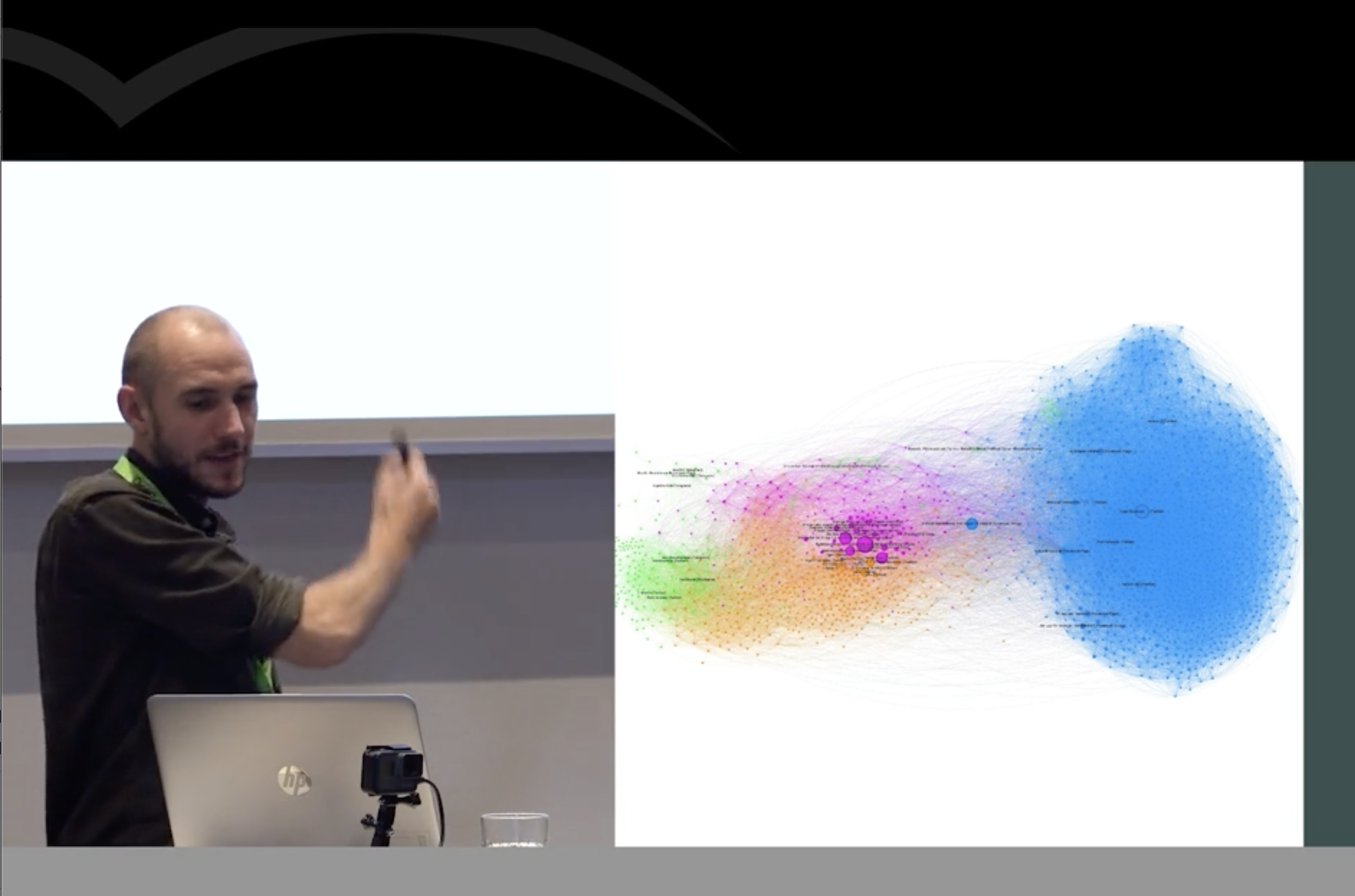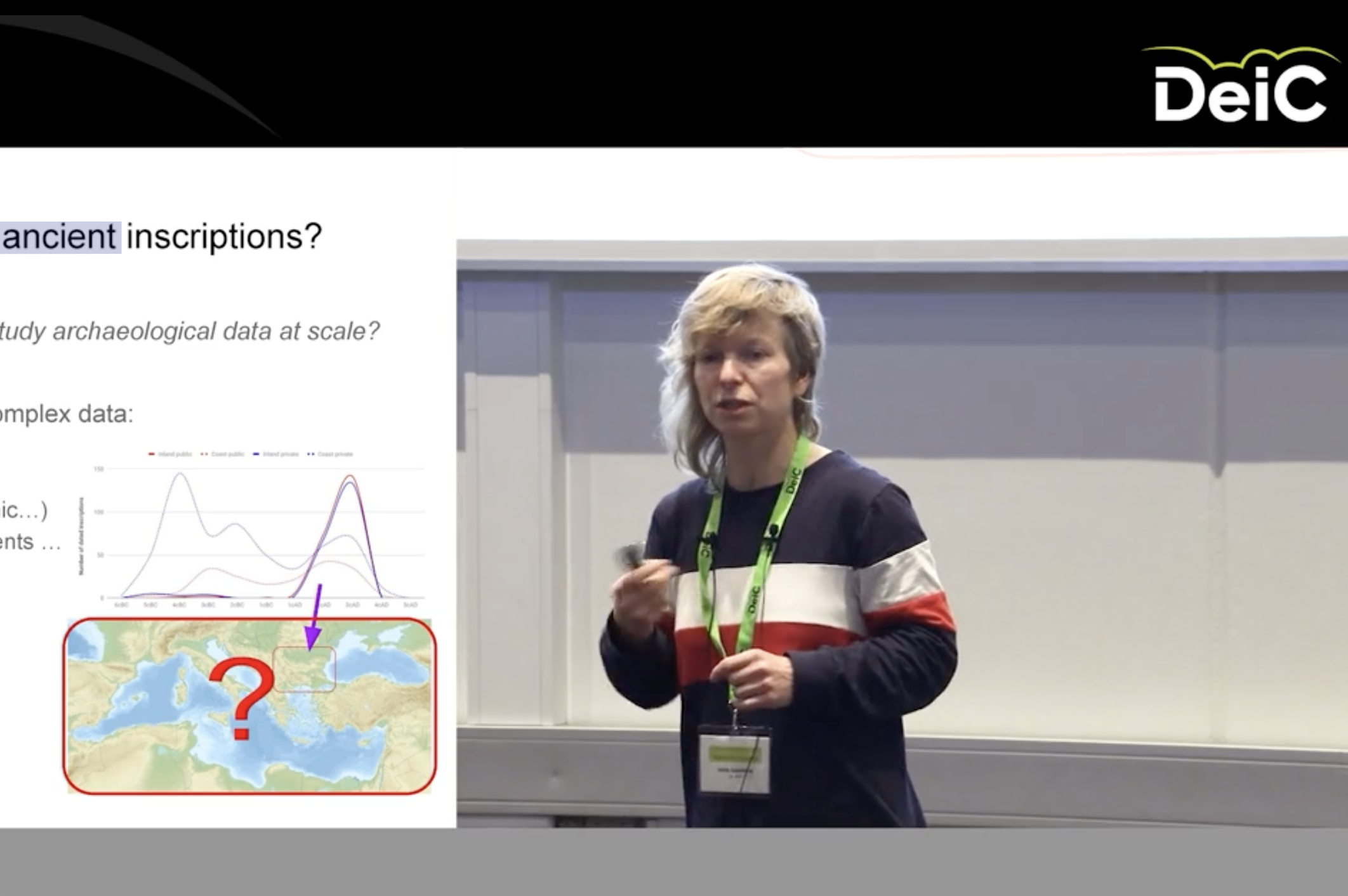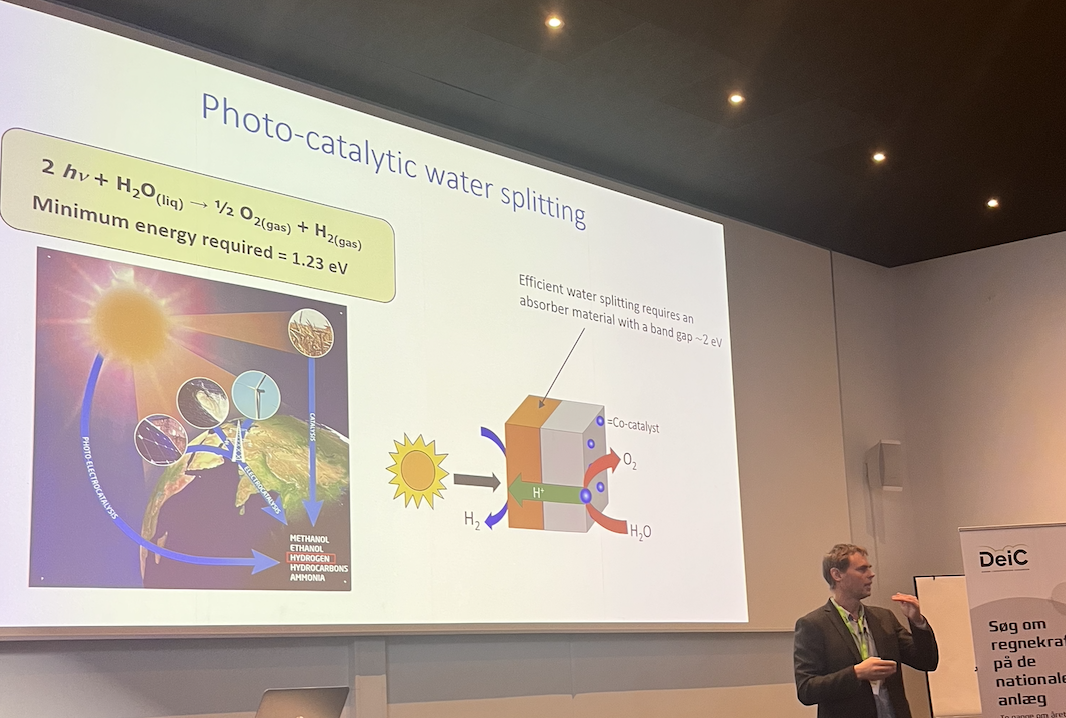DeiC coordinates and facilitates the usage of the national supercomputers available for Danish researchers. The computers are operated and developed by the universities, who provide computing power for researchers independently of their institutional affiliation.
The abbreviation “HPC” stands for "High Performance Computing", and basically means calculations performed using extremely fast computers. Supercomputers consist of a large number of fast computers linked together in a high-speed network. This means that a supercomputer is not actually one huge computer, but several large computers linked together.
Revised
10 Sep 2021



